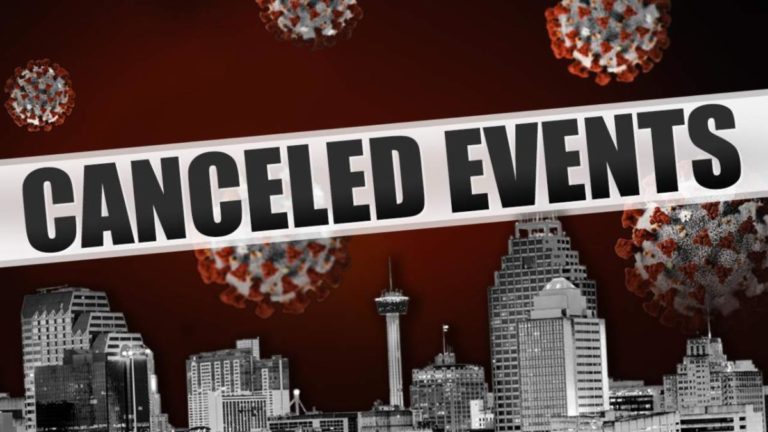When to Pull the Plug on Events

Large-scale event cancellations across the United States are mounting due to COVID-19 concerns—from conferences and concerts to trade shows and sporting events. Many local events have been put on the back burner too. Weighing the potential health risk of an event with its economic consequence isn’t clear cut. It’s even less obvious if the event will be well attended. So, is the best course of action to postpone, reschedule, or cancel? After scouring dozens of articles written by event industry experts, the Chamber has consolidated some best practices:
1) Keep calm and carry on (but be informed)
New domestic data is reported and updated daily with respect to Coronavirus cases so it’s wise to find an accurate, reliable source such as the Centers for Disease Control and Prevention (CDC) and/or the Washington State Health Department. As the economy reopens, consider each event on a case-by-case basis. Attendee demographics are crucial to deciding whether or not to convene. How many will attend? What is the target age group? Does the event draw a crowd of out-of-towners?
2) Timing is everything
Location, location, location has always been a cornerstone of success, but during Coronavirus it’s not so much about where, but when. Some events simply won’t take place in-person anytime soon. The thing is that hosting events is vital to many business models so simply not having them… is not an option. What is the biggest benefit to keeping a specific event on the calendar? Every event serves a purpose. Some are social, some educational, some entertaining, and some are just cash cows. The bottom line is figuring out when, and if, it should still happen. Keep in mind every other re-scheduled event is eyeballing the same number of days left in the year. Make sure to compare it with other events that already claimed a date. Get some options together and present them to past volunteers in the form of a survey to see when they are available. Once finalized, send a ‘save the date’ message immediately.
3) Consider alternatives
Before canceling, carefully evaluate whether the event can be delivered in a different format. Virtual events are suddenly all the rage, but perhaps not every experience is transferable to the digital world. Should your event be virtual? That will depend upon its mission. Can your virtual event still feel authentic and tangible? Educational topics or demonstrations will play easily into an online interaction. Others may require some extra creativity. But, everyone will need to master the technology factor and figure out all the “little known features” that can make it a success. A virtual event might allow you to share your program, fulfill sponsorship benefits and raise money. Participants can login, watch and interact all while you build awareness and trust. Many experts encourage hosts to think outside the box especially when it comes to sponsors. How will you share their story with your audience? One possibility is to combine a virtual event with a social media campaign. Organizers can also set up one-on-one introductions or establish online communities centered around networking.
4) Communicate with your attendees early and often
Above all, be proactive and forthcoming with information even if plans are still in flux. Communicating will squash any uncertainty and misinformation. The last thing you want is for your attendees to draw the wrong conclusion. Ease their mind with consistent and transparent messaging. Make it a point to reference what you’re doing to help keep them safe. People may be disappointed yet still respect the decision. Although some organizers are holding out until 30-45 days before the event to announce details about cancellation, just do it as soon as you are able. Disseminate postponed or rescheduled dates quickly. Add a landing page to your website related to COVID-19 updates.
5) Accept a smaller turnout & follow precautions
The reality is that there is no way to know if Plan B will flip or flop. Experts recommend tolerating an attendance decline of around 10 percent. Also, offer flexible cancellations and refund policies. Events that decidedly take place onsite will need to take extra measures to adhere to CDC guidelines for mass gatherings and large community events. Little details such as adding hand-sanitizing stations may be necessary and frequent cleaning of all high-touch areas. Some venues will want to be fully equipped with medical services, possibly for health screenings. Event signage with reminders about social distance courtesy or food handling may be relevant. Awareness of health and safety recommendations should be top of mind.
Content includes advice contained within the following articles: Eventbrite.com blog posts “Making the Decision to Postpone Your Event” and “Coronavirus and Your Event: Tips and Resources” and also BIZBASH “How Your Event Should Evolve During the Coronavirus Outbreak” and “So Your Event Was Canceled Because of Coronavirus Concerns. What Now?”